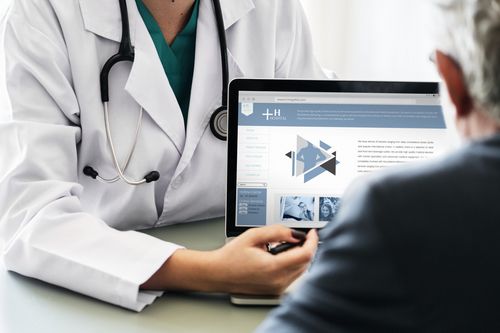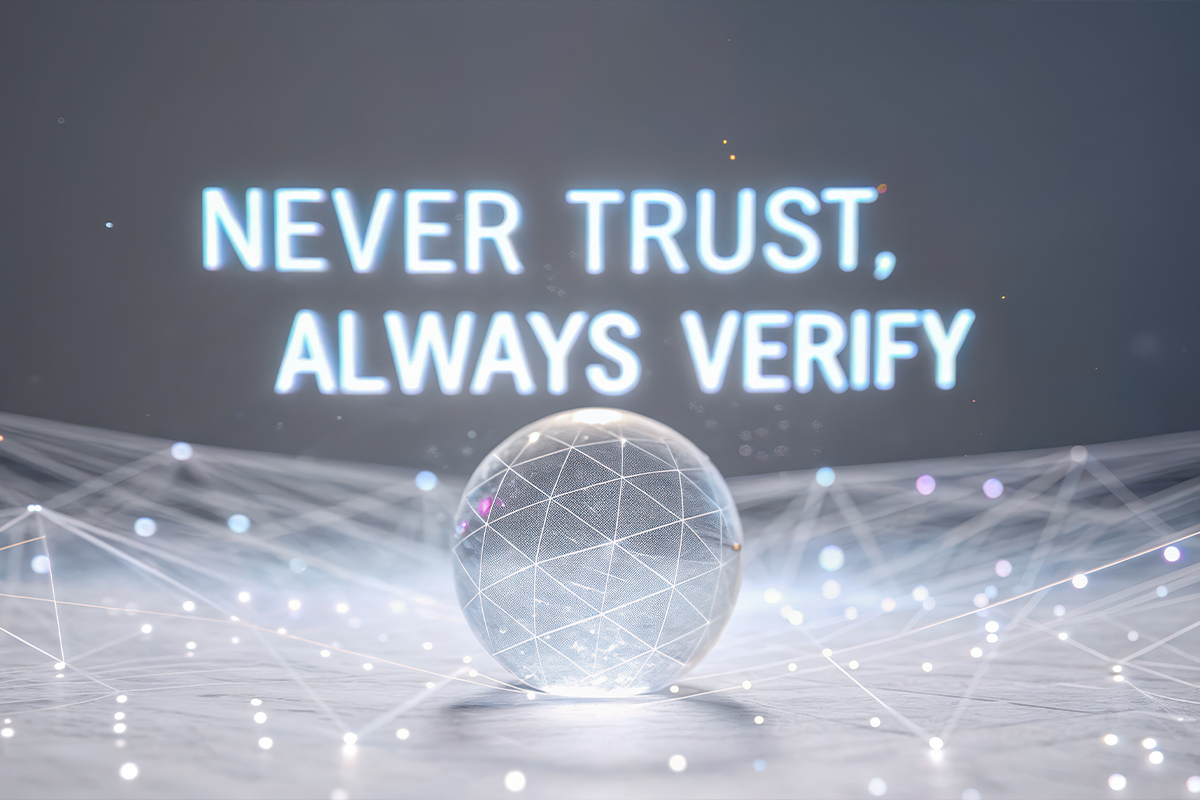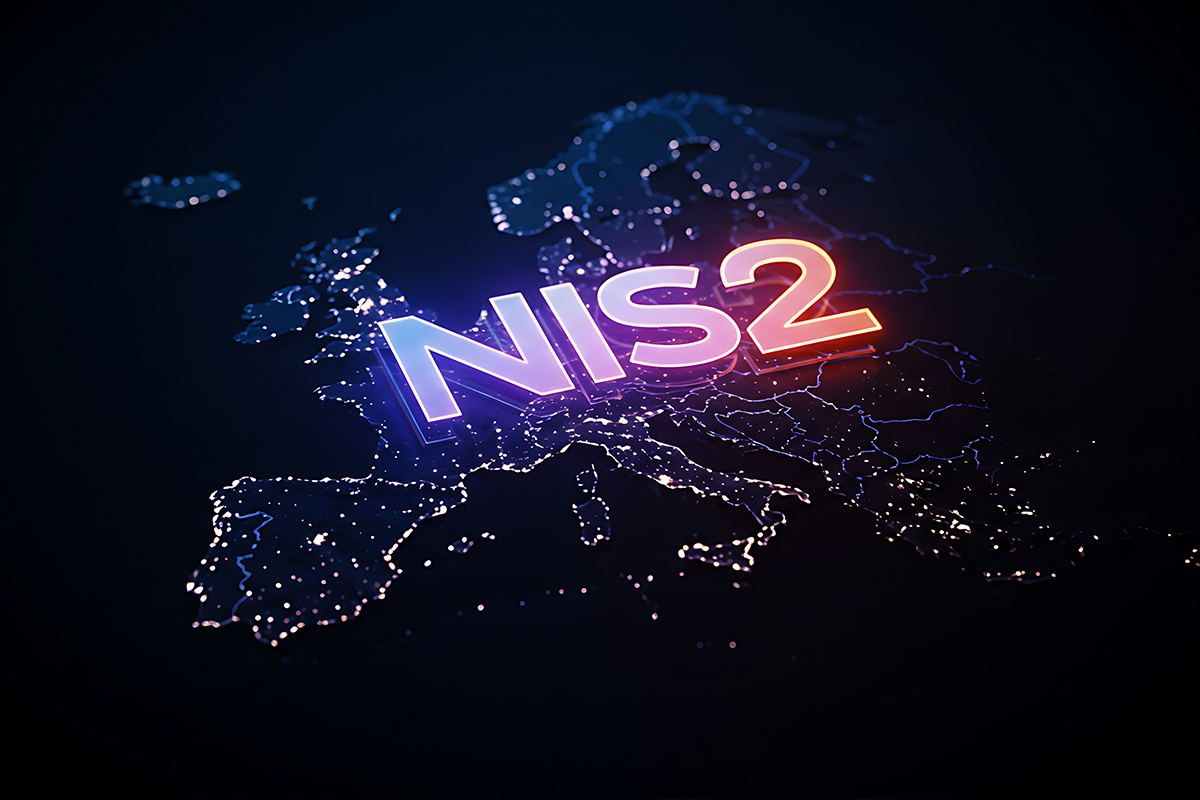Mobile communications devices are transforming healthcare services worldwide.
Whether helping front line staff to share electronic medical records (EMR), deliver more timely diagnoses through remote consultations, or improve workflows and streamline processes between support staff, mobile healthcare (mHealth) has the potential to enhance services while generating efficiency savings worth billions of dollars.
Up to 90% of hospitals are reported to be trialling mobile data initiatives of some kind, yet widespread concerns over data security and patient privacy remain. The next wave of virtual healthcare deployments will very much depend on successfully surmounting these worries.
One way to secure the privacy of communications data in such large-scale remote access cloud implementations as mHealth services is to use managed Virtual Private Networks (VPNs).
Mobile Applications in Healthcare
Healthcare professionals are increasingly turning to mHealth applications on mobile devices to manage data communications with their patients and to boost back office efficiency.
Among the many benefits are better synchronization of hospital workflows and the ability to provide a more personalized form of healthcare such as 24/7 monitoring of a patient’s condition.
Already, there are dozens of mobile healthcare apps including interoperable platforms for coordinating care between multiple devices and care providers, patient records management and computerized ordering systems for procedures and medications.
The healthcare sector still lacks a universal standard for developing electronic health record (EHR) initiatives. For the time being the increasingly popular Fast Healthcare Interoperability Resource (FHIR), a framework for the electronic exchange of data between health IT systems, arguably offers the best hope.
Growth of Mobile in Healthcare
The adoption of mobile devices in healthcare organizations is already very high. According to a study of IT managers in healthcare by Jamf 90% of hospitals have implemented or are planning a mobile device initiative.
It’s a trend that is set to continue into the near future. In 2017 analysts at SNS Research valued the mHealth market at over $23 billion, forecasting a compound annual growth rate of 35% through to 2020.
The pace of development is being helped by the fact that technology giants such as Apple, Google and Microsoft are all targeting EHR space. Apple’s recently announced health records app for iOS, for example, is compatible with more than 40 different health systems.
Security Worries
Nevertheless, many doctors and other healthcare professionals admit concerns over data security are preventing them from adopting mobile health technology more widely.
A Deloitte survey of physicians and consumers has found a third of clinicians blame worries over data security and privacy for the slow take up of virtual care services.
Despite being convinced that mHealth applications are the way forward, they have serious reservations over the safety and security of devices, especially in the wake of concerted attacks on hospital services such as those seen in the UK and elsewhere. There is some evidence that mobile data applications may be putting patient confidentiality at risk.
In studies, up to 65% of doctors have used text messages to send patient information, while 46% have sent pictures involving patients to colleagues. A third (33%) of doctors used app-based messaging services to share clinical information about patients, with some forgetting to delete the details afterwards.
Remote Access Cloud VPN
In embracing mobile data applications, hospitals are transitioning away from legacy networks towards more flexible, cloud-based infrastructures.
In January 2018, for instance, Britain’s NHS authorities were given official approval to entrust health and social care data, including sensitive patient information, to cloud providers like Amazon and others.
To cope with the vast quantities of communications data exchanged on a daily basis, healthcare organizations are incorporating managed network services such as managed VPNs. Remote access cloud VPNs create a private network between multiple organizations and protect confidential data from any form of security breach.
Remote users are automatically given an encrypted connection to their organization’s cloud provider. This makes secure remote access simple and cost effective to implement and manage.
Establishing VPN tunnels for a large number of remote workers in this way is straightforward. As organizations become more willing to trust the safety and reliability of public cloud services, the authentication and management elements of VPN are transitioning to the cloud. The result is centralized management capability for many hundreds of encrypted connections no matter where they are hosted.
In summary, despite widespread take up of mobile applications among healthcare professionals mobile data security worries are holding them back from taking a more universal approach. Known to provide flexibility, efficiency and economies of scale, managed VPNs offer hospitals the protection against customer data security threats that they are looking for.
A cloud-based managed VPN is an affordable way to provide secure remote access to corporate resources for hundreds of mobile workers wherever they are.






